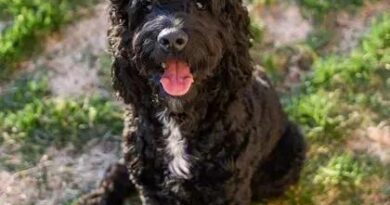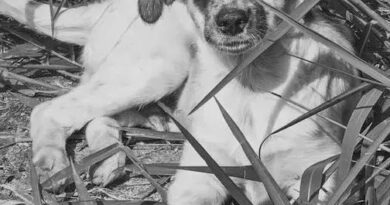What is Uncommon Breeds
What Are Uncommon Breeds?
Uncommon breeds refer to dog breeds that are not widely recognized or popular among the general public. These breeds often have unique characteristics, histories, and temperaments that set them apart from more common breeds like Labrador Retrievers or German Shepherds. Understanding what uncommon breeds are can help potential dog owners make informed decisions when choosing a pet that fits their lifestyle and preferences.
Characteristics of Uncommon Breeds
Uncommon breeds often exhibit distinctive physical traits and temperamental qualities. For instance, some may have unusual coat colors, sizes, or shapes that make them stand out. Additionally, their temperaments can vary widely, with some being highly energetic and playful, while others may be more reserved or independent. This diversity is part of what makes uncommon breeds so fascinating to dog enthusiasts and potential owners alike.
Examples of Uncommon Breeds
There are numerous uncommon breeds that dog lovers may not be familiar with. Breeds like the Xoloitzcuintli, also known as the Mexican Hairless Dog, or the Lagotto Romagnolo, a truffle-hunting breed from Italy, showcase the variety found within this category. Each of these breeds has its own unique traits and history, contributing to the rich tapestry of canine diversity.
Why Choose an Uncommon Breed?
Choosing an uncommon breed can be a rewarding experience for dog owners. These breeds often come with less competition for adoption or purchase, which can lead to a stronger bond between the owner and the dog. Additionally, uncommon breeds may have fewer health issues due to a more diverse gene pool, making them potentially healthier companions in the long run.
Challenges of Owning Uncommon Breeds
While owning an uncommon breed can be fulfilling, it also comes with its own set of challenges. Many uncommon breeds may require specialized care or training that is not as readily available as it is for more common breeds. Owners might need to invest time in researching breed-specific needs, including grooming, exercise, and socialization, to ensure their dog thrives.
Finding Uncommon Breeds
Finding uncommon breeds can be a bit more challenging than locating popular breeds. Prospective owners may need to seek out specialized breeders, rescue organizations, or breed clubs that focus on these unique dogs. Online resources and social media groups dedicated to uncommon breeds can also provide valuable information and connections to help in the search.
Training and Socialization
Training and socialization are crucial for all dogs, but they can be particularly important for uncommon breeds. These dogs may have different temperamental traits that require tailored training approaches. Early socialization with various people, environments, and other animals can help ensure that uncommon breeds develop into well-adjusted companions.
Health Considerations for Uncommon Breeds
Health considerations for uncommon breeds can vary significantly based on their genetic background. Some breeds may be prone to specific health issues, while others may benefit from a broader genetic diversity that reduces the risk of hereditary conditions. Regular veterinary check-ups and a healthy diet are essential for maintaining the well-being of any dog, especially those from uncommon breeds.
The Role of Breed Clubs
Breed clubs play a vital role in promoting and preserving uncommon breeds. These organizations often provide resources for potential owners, including information on breed standards, health issues, and training tips. Joining a breed club can also connect owners with a community of fellow enthusiasts who share their passion for these unique dogs.
Conclusion: Embracing Uncommon Breeds
Embracing uncommon breeds can enrich the lives of dog owners and contribute to the preservation of diverse canine genetics. By understanding the unique characteristics, challenges, and joys associated with these breeds, potential owners can make informed choices that lead to fulfilling relationships with their canine companions.



